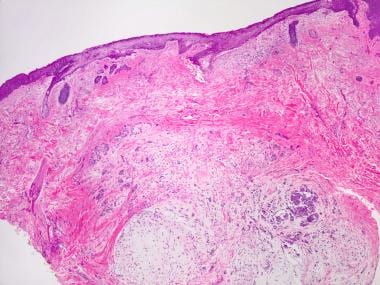
prepare for treatment – your doctor may need to take a blood test to determine your blood type before surgery or transfusion, for example.If you have cancer, your doctor would use tests to work out the stage your disease has reached give a prognosis – if you have a disease, blood and pathology tests can help your doctor determine your prognosis (likely health outcome or course of your disease).diagnose an illness – if you’re sick, your doctor may need test results to pinpoint the cause, and make an accurate diagnosis and treatment plan.Your doctor will look at your health history (such as age, weight, lifestyle and family history of disease) and your test results to assess your health risk look for potential health risks – many risks to your health, such as diabetes, heart disease, or rheumatoid arthritis, can be detected with blood and pathology tests.screen for disease – screening may pick up a disease in its early stages, sometimes even before you’re aware you have it, or a genetic or inherited disorder.

You may be sent for blood and pathology tests to: If your doctor or specialist sends you for blood and pathology tests, it’s because there’s some concern about your health (or you’re at an age where health risks may be more likely) and a test is an effective way of discovering whether there’s a problem.
aiding research into new treatments, and safety of treatments and procedures. determining future risk of disease (for example, looking at cholesterol levels or the risk of inherited conditions such as familial breast cancer). preventing disease (for example, a Pap smear or mammogram may reduce the risk of some common women’s cancers through early detection). Reasons to have a blood or pathology testĪpart from detecting and diagnosing disease, blood and pathology tests are important for: clinical pathology – the diagnosis of disease using laboratory testing. general pathology – concerned with all aspects of laboratory investigation of disease.  forensic pathology – used to discover the cause of sudden or unexpected death, or in cases where the police suspect a death was not due to natural causes. genetic pathology – looks at genetic diseases. immunopathology – looks at immune responses to disease.
forensic pathology – used to discover the cause of sudden or unexpected death, or in cases where the police suspect a death was not due to natural causes. genetic pathology – looks at genetic diseases. immunopathology – looks at immune responses to disease.  medical microbiology – investigates infection caused by bacteria, viruses, fungi and parasites. Cytopathology (the study of disease at a cellular level) is a subspecialty of anatomical pathology anatomical pathology – looks at disease in human tissue – for the most part this is body tissue surgically removed from living patients. chemical pathology – looks at the chemicals in blood and other bodily fluids. There are nine specialisations in pathology: Pathology tests cover blood tests, and tests on urine, stools (faeces) and bodily tissues.Ī pathologist interprets the results of blood and pathology tests and looks for abnormalities that may point to disease, such as cancer and other chronic illnesses, or health risks, such as pre-diabetes. Pathology means the study of disease and its causes and progression.
medical microbiology – investigates infection caused by bacteria, viruses, fungi and parasites. Cytopathology (the study of disease at a cellular level) is a subspecialty of anatomical pathology anatomical pathology – looks at disease in human tissue – for the most part this is body tissue surgically removed from living patients. chemical pathology – looks at the chemicals in blood and other bodily fluids. There are nine specialisations in pathology: Pathology tests cover blood tests, and tests on urine, stools (faeces) and bodily tissues.Ī pathologist interprets the results of blood and pathology tests and looks for abnormalities that may point to disease, such as cancer and other chronic illnesses, or health risks, such as pre-diabetes. Pathology means the study of disease and its causes and progression. 
In fact, if you’re sick, many decisions about your care will come down to the results of your blood and pathology tests. Blood and pathology tests leave many people squeamish, but they’re an important part of detecting, diagnosing and treating disease.








 0 kommentar(er)
0 kommentar(er)
